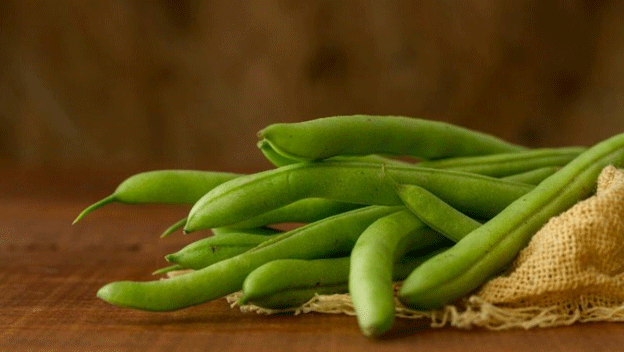A major investment of 13 billion rubles will soon transform Pyatigorsk into a hub for pea processing, as announced on September 19, 2024, by Denis Polyubin, the Minister of Economic Development for the Stavropol region. The project, set for completion by 2029, aims to address the current lack of processing facilities in the region. Despite an impressive annual production of 400,000 tons of peas, Stavropol has been unable to capitalize on its potential due to the absence of value-added processing infrastructure.
The new plant will be capable of processing up to 60,000 tons of peas annually, converting them into pea protein, which is highly sought after in both the food industry and as a plant-based dairy alternative. Pea protein is valued for its nutritional benefits, including being a rich source of essential amino acids, and its environmental advantages over traditional livestock-based proteins. As consumer demand for sustainable, plant-based products continues to rise, the timing of this investment positions the region well to tap into global markets.
This initiative is part of a broader trend of innovation and modernization in Russia’s agriculture sector, where investment in technology and infrastructure is increasingly critical to maintaining competitiveness. Global pea protein demand is forecasted to grow by 12.7% annually, driven by health-conscious consumers and the rising popularity of vegan and vegetarian diets. The new facility in Pyatigorsk is poised to capture a slice of this lucrative market.
In addition to pea protein, the plant will also create new economic opportunities in the Stavropol region, from job creation to the potential for expanded crop production, which could further diversify and strengthen the local agricultural economy. By turning raw agricultural output into high-value products, the facility can significantly increase profitability for farmers and the region.
The construction of this pea processing plant in Pyatigorsk is a game-changer for Stavropol’s agricultural landscape. It not only creates new avenues for economic growth but also signals a shift toward a more sustainable, technologically advanced approach to agriculture. As demand for plant-based proteins continues to rise globally, this facility will position Stavropol as a key player in the industry, ensuring the region remains competitive in the evolving global food economy.
Error




